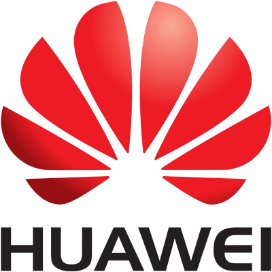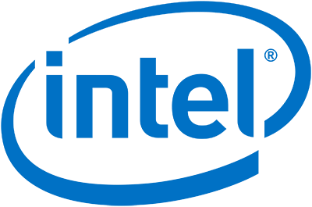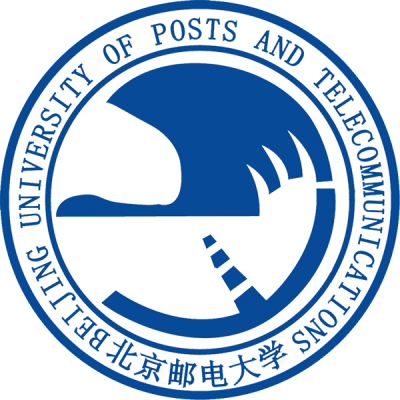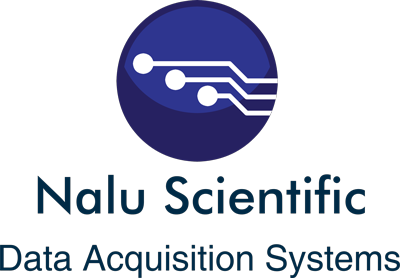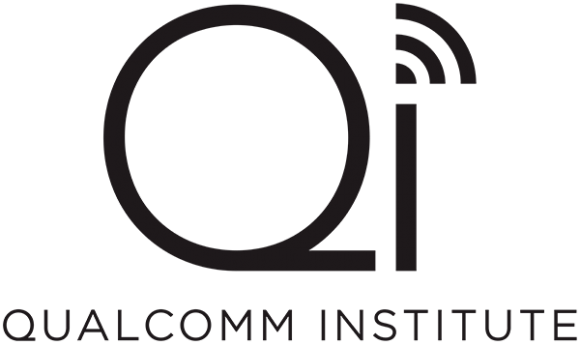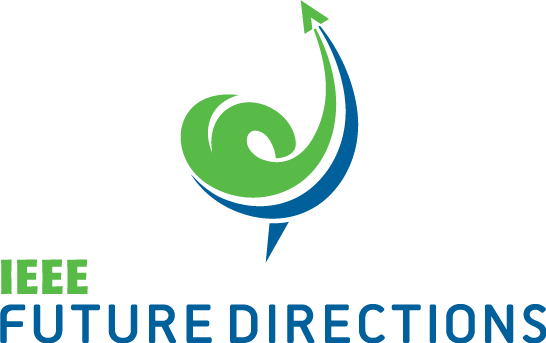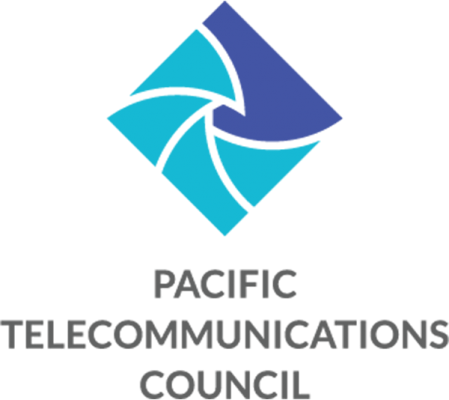The advancement of intelligent Internet of Things has witnessed the unprecedented proliferation of smart applications (e.g., automatic navigation, face recognition, unmanned driving, etc.) and quality-of-experience (QoE)-demanding services (e.g., mobile online gaming, augmented reality, etc.), which require massive size-constrained and low-power mobile devices to perform computation-intensive and latency-sensitive tasks. However, it is challenging for mobile devices to perform these applications and services with a long duration and with high quality of service (QoS) due to their low computing capability and finite battery lifetime. Mobile edge /fog computing (MEC/FC) are deemed a promising technology to help realize these applications and services. As a result, over the past few years, MEC/FC have been witnessed to become one of the main research focuses in both academia and industry. The conventional edge computing design focuses mainly on maximizing the computation capability, which can lead to excessive energy consumption as well as increasing greenhouse gas emissions. Newly advanced MEC/FC are expected not only to alleviate the greenhouse effect, but also to achieve sustainable operation and to reduce latency. In order to enable advanced mobile/fog edge computing, several emerging techniques have been proposed, including energy efficient, energy harvesting, and network slicing techniques, etc. Although these techniques have drawn considerable research attention and have been extensively studied in MEC/FC networks over the past few years, there are still many open theoretical and practical problems yet to be addressed.
Thus, the proposed full-day workshop will bring together researchers and experts from academia, industry, and governmental agencies to discuss and promote the research and development needed to overcome the major challenges that pertain to this cutting-edge research topic. Particularly, the scope of the workshop focuses on (but is not limited to) seven major lines of fundamental research and development on the advanced MEC/FC:
- Energy-efficient techniques for MEC/FC: The research in this area focuses on designing energy-efficient network architectures and protocols, energy-efficient resource allocation strategies, energy-efficient wireless transmission techniques, energy-efficient cooperation, energy-efficient resource sharing for MEC/FC.
- Energy harvesting techniques for MEC/FC: The research in this area focuses on exploiting renewable energy sources to replenish energy-limited MEC/FC systems. Since most of the energy harvesting sources are intermittent, it is important to design optimal resource allocation strategies and harvesting-then-offloading protocols such that the harvested energy can guarantee a stable computation and communication service.
- Network slicing techniques for MEC/FC: The research along this direction is motivated by the increasing attention for network slicing. In particular, it has been shown in some preliminary works that network slicing can reduce latency and improve offloading efficiency. Hence, this focuses on network slicing for MEC/FC systems.
- Unmanned aerial vehicle (UAV)-enabled techniques for MEC/FC: Since UAV-enabled techniques can provide a high possibility of line-of-sight air-to ground computation offloading links, they are promising to improve the offloading efficiency. Thus, it is interesting to exploit UAV-enabled techniques for MEC/FC.
- Machine learning techniques for MEC/FC: The research along this direction is motivated by the fact that machine learning techniques can realize the optimal offloading strategy by interacting with the computation environment without the requirement of accurate information about the network. The research in this area focuses on the application of sophisticated machine learning algorithms for MEC/FC systems.
IMPORTANT DATES
- Deadline for workshop paper submission:
June 30, 2019July 7, 2019 - Acceptance/rejection announcement: August 15, 2019
- Final workshop papers due: September 15, 2019



